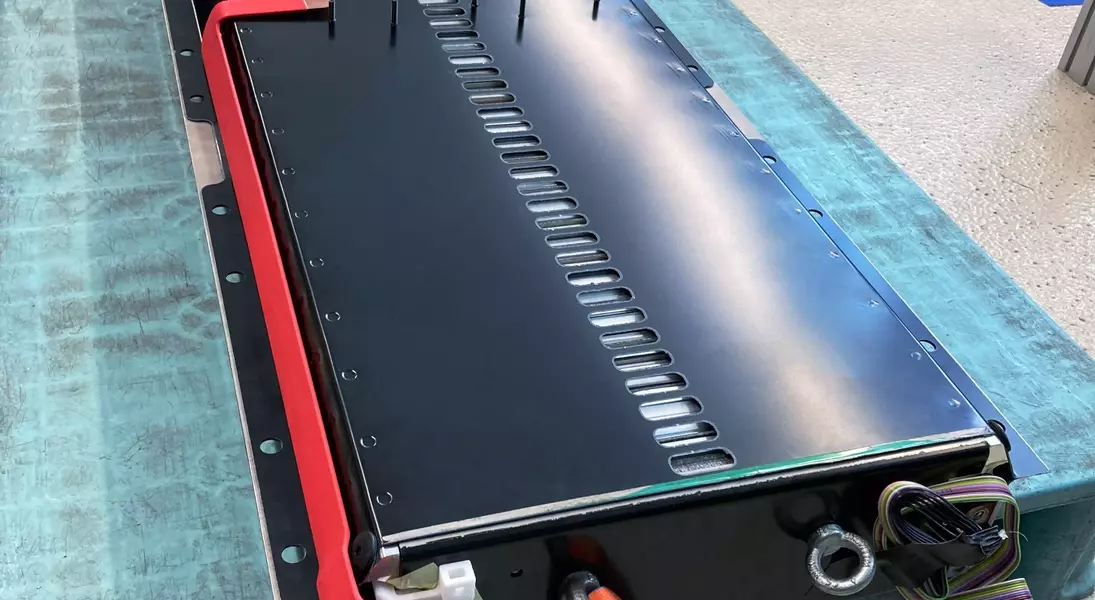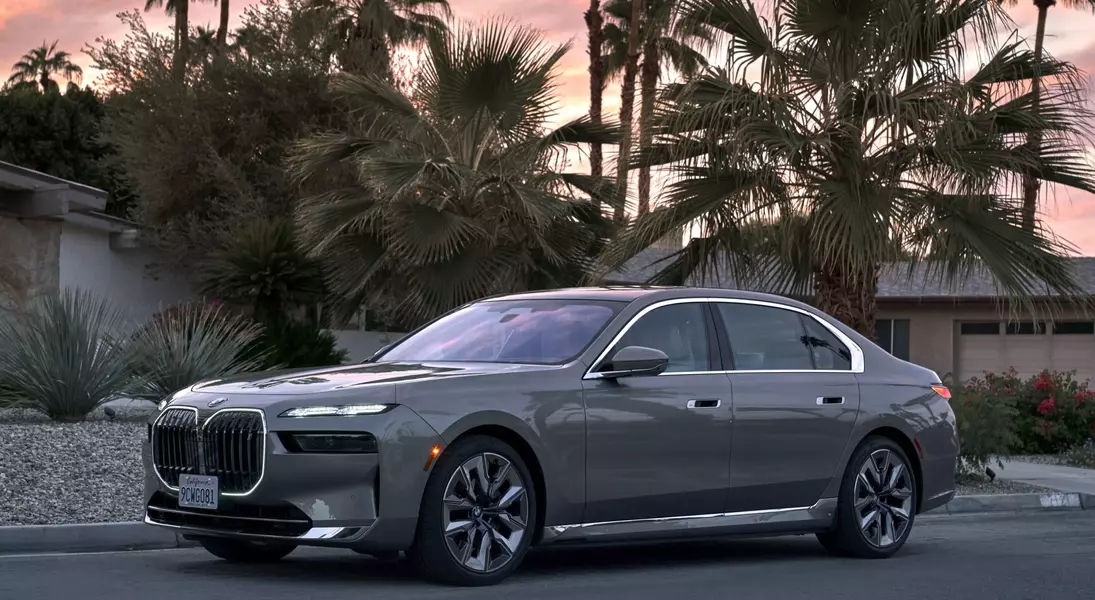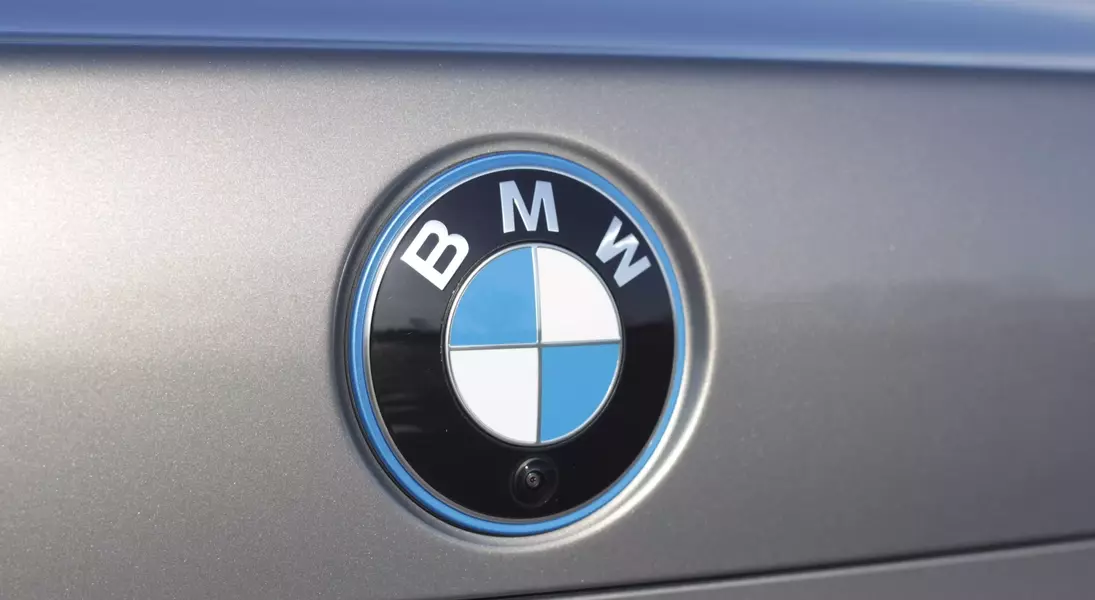




Revolutionizing Electric Mobility: BMW's Solid-State Battery Leap
Bringing Advanced Battery Technology to Life
The automotive sector is witnessing a concerted drive towards solid-state battery technology, with major manufacturers actively researching and implementing it in their electric vehicle designs. This innovation represents a crucial breakthrough for carmakers aiming to dominate the electric vehicle market, offering benefits such as rapid charging, extended operational range, and enhanced chemical stability, which significantly boosts the safety of both drivers and passengers.
BMW's Strategic Alliances Propel Battery Innovation
The BMW Group has an established collaboration with Solid Power, Inc., focused on developing a production-ready vehicle equipped with solid-state batteries. This partnership has recently been bolstered by the addition of Samsung SDI, creating a powerful trio dedicated to streamlining the manufacturing of solid-state batteries for use in experimental vehicles. This concerted effort is expected to dramatically quicken the timeline for solid-state battery electric vehicles to become commercially available to the public.
Understanding the Impact of This Collaboration
Currently, BMW and Solid Power, Inc. operate under a "technology transfer agreement," which has already seen a Solid Power solid-state battery successfully integrated into a BMW i7 test vehicle. With Samsung's participation, Solid Power, Inc. will provide a sulfide-based solid electrolyte to Samsung, which will then incorporate it into the battery's separator or catholyte layers for the production of solid-state battery cells. John Van Scoter, President and CEO of Solid Power, expressed enthusiasm for the expanded partnership, emphasizing the stability and conductivity of their solid electrolyte technology and their commitment to widespread adoption of all-solid-state battery (ASSB) technology. Martin Schuster, BMW's Vice President of Battery Cell and Cell Module, highlighted the significant momentum gained from Samsung SDI joining the partnership, noting BMW's long-standing collaboration with Solid Power since 2016, which included a substantial investment in 2021.
The Significance of Solid-State Batteries
Solid-state batteries are distinguished by their higher energy density, allowing for a greater amount of energy to be stored within the same physical volume as traditional lithium-ion batteries. For electric vehicles, this translates directly into a longer driving range, potentially enabling solid-state EVs to compete with the range offered by hybrid gasoline-powered cars. Furthermore, these advanced batteries facilitate a more efficient transfer of energy.
Another significant advantage of solid-state batteries is their capability for rapid charging. Their solid electrolyte, unlike liquid electrolytes, simplifies thermal management, making faster charging cycles feasible. Additionally, solid-state batteries boast superior durability, enduring a greater number of charge-discharge cycles without experiencing the same degree of degradation commonly observed in lithium-ion counterparts.
Concluding Thoughts on the Future of EV Batteries
BMW, Solid Power, Inc., and Samsung SDI are committed to the collaborative development of solid-state batteries for evaluation vehicles. Samsung, renowned for its expertise in battery manufacturing across various sectors, is an ideal partner for this initiative. The progression from evaluation to testing signifies a major leap towards the mass production of solid-state batteries. This alliance leverages the "complementary expertise" of all three entities to refine performance standards and technical specifications for the solid-state batteries destined for BMW's evaluation fleet.
